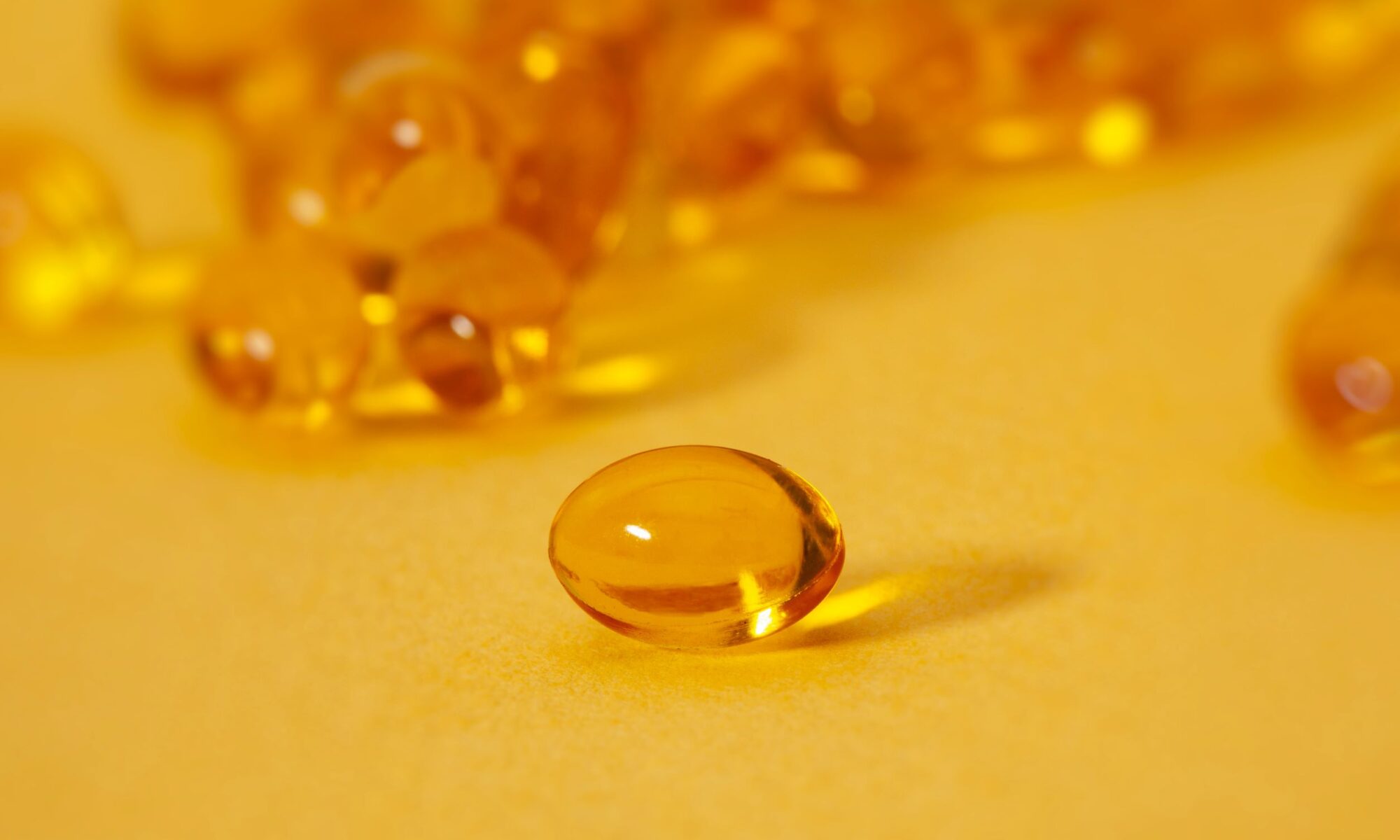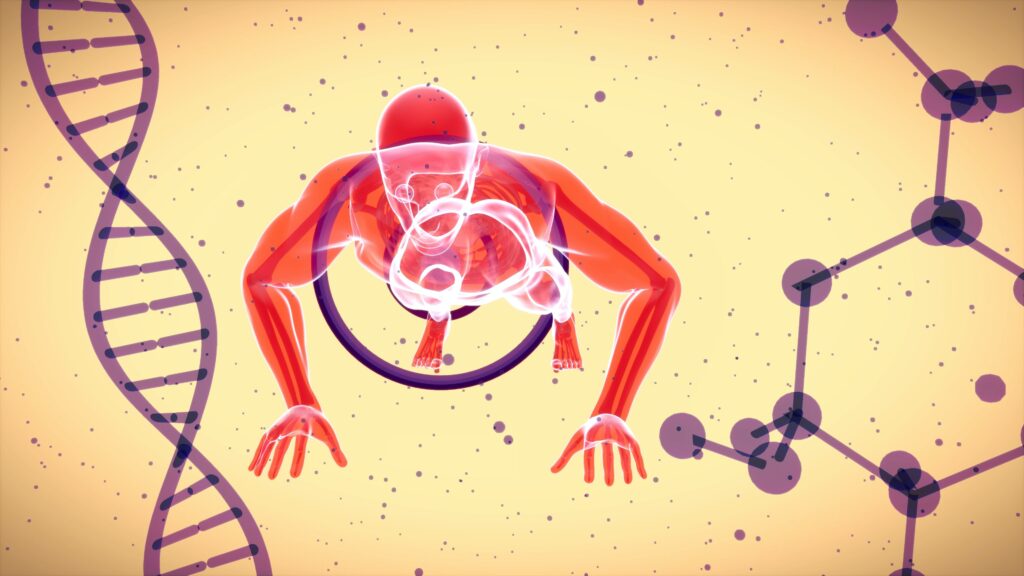- Tell me more about B12
- Cases and research showing impact of B12 deficiency on Gilbert’s Syndrome.
- Why is understanding B12 vitamin deficiency even more important when I have Gilbert’s Syndrome?
- Important things to take away from the research about B12 vitamin deficiency and Gilbert’s Syndrome.
- What could cause B12 deficiency?
- What are the symptoms of B12 deficiency – and why you should know about them if you have Gilbert’s Syndrome symptoms.
- What range is normal for B12?
- How should I make sure I am not B12 vitamin deficient?
- How much B12 should I take?
- Final thoughts on staying well
Tell me more about B12…
B vitamins are vital for energy and to manage stress. Vitamin B12 is a superhero that helps support your red blood cells, nerves and is essential to your DNA, as well as many other processes in your body.
Why is understanding B12 vitamin deficiency even more important when I have Gilbert’s Syndrome?
For people with Gilbert’s Syndrome it’s particularly important to get enough of this vitamin because B12 deficiency can result in hyperbilirubinemia (the buildup of bilirubin in your body). Combined with Gilbert’s Syndrome this can be acute. But this symptom could also be dismissed because you have Gilbert’s Syndrome. It’s vital to know you have Gilbert’s Syndrome, and its symptoms, so you can include that knowledge when in a medical situation. But it’s also important not to dismiss symptoms as JUST Gilbert’s Syndrome, when they could be something else.
Having a B12 deficiency could give you similar symptoms to a Gilbert’s Syndrome flare up – so do not dismiss it when you feel unwell for longer than usual.
If you don’t have enough B12 your ability to produce S-adenosyl-L-methionine (SAMe) is affected, which has been shown to help process bilirubin in people with Gilbert’s Syndrome.
- https://uncw.edu/csurf/explorations/documents/volume%209%202014/flood.pdf
- https://pubmed.ncbi.nlm.nih.gov/3217756/
Low on energy? Known as “The Energy Vitamin”, Vitamin B12 is essential for the production of red blood cells and also helps maintain a healthy heart. A deficiency in B12 can cause you to feel tired and fatigued, affect your nervous system and can also cause anaemia. Click to learn more and for your discount!
From Dr Vegan
Cases and research showing impact of B12 deficiency on Gilbert’s Syndrome.
Case reports and research:
You might be interested to read about this case, where a woman with vitamin B12 deficiency also had Gilbert’s Syndrome. Treatment with vitamin B12 led to much improved symptoms.
This article on ‘food fadism’ and GS increasing jaundice is also interesting.
(In my opinion, the headline is misleading. Many people will be eating a predominantly plant diet for a variety of reasons which may be economic, cultural or religious – not just a ‘fad’). It may be worth noting that in this study all but one of the patients are male, and this is in an Indian cohort – which has a different UGT1a1 string (the Gilbert’s Syndrome gene) to other populations. However the case report I also link to above is for a caucasian woman, and it does corroborate the findings. This means these findings are relevant across different biological variations of Gilbert’s Syndrome.
The research illustrates the need to ensure your diet has the right nutrition, whatever foods you eat.
Many people may be below optimum ranges for B12. This study : https://www.ncbi.nlm.nih.gov/pmc/articles/PMC6540890/ shows that in India 47% of people may be deficient in B12 . Studies indicate that B12 deficiency may be at rates between 6% and 20% in the UK and US, 40% in South American countries, and up to 70% in countries on the continent of Africa. http://frankhollis.com/temp/BMJ%20B12%20deficiency%20review.pdf This is from a 2014 paper, and more recent studies
Important things to take away from the research about B12 vitamin deficiency and Gilbert’s Syndrome.
What’s important to note is that there are two main implications
- You may have jaundice for a reason that is not directly due to Gilbert’s Syndrome, even if you have Gilbert’s Syndrome
- B12 deficiency will likely make your jaundice and other symptoms WORSE:
‘aggravating pre-existing indirect hyperbilirubinemia in Gilbert’s syndrome patients’
If you have jaundice that is not clearing up, or prolonged fatigue, brain fog etc – then it is always worth checking if there are other causes. If B12 deficiency is the cause then simple supplementation will have a considerable positive effect. Which is worth knowing!
What could cause B12 deficiency?
Causes of B12 deficiency are usually one of the following:
- Age: As we get older our stomach acid reduces which means we don’t break down the B12 into forms that can be absorbed easily by our body.
- Medical conditions: such as Celiac or Crohn’s disease will prevent the stomach from absorbing B12 properly, as will gastric bypasses or stomach parasites. You may also have a condition called pernicious anaemia, which results in B12 deficiency.
- Some medications: such as metformin (used to support people with diabetes) and proton pump inhibitors (stomach acid suppressants) will interfere with how B12 is broken down and absorbed.
- Diet: if you aren’t careful to ensure that you are regularly eating food that contains B12, then you may become deficient over time. Modern industrial farming methods have depleted natural sources of B12 in our food.
- https://www.nutranews.org/en–vitamins–is-everyone-lacking-in-vitamin-b12-why-is-there-such-widespread-deficiency-what-are-the-consequences–1481
What are the symptoms of B12 deficiency – and why you should know about them if you have Gilbert’s Syndrome symptoms.
For milder deficiency you may feel tired, be pale or jaundiced if you have Gilbert’s Syndrome. You may get dizzy and feel weak, your heart may beat too quickly. A sore tongue and loss of appetite, plus other digestive disturbances might occur.
Longer term, more serious deficiencies can have very serious impacts. You may become clumsy as you lose nerve control and there is neurological damage. It may feel like you have dementia as your memory is impaired. You may even experience hallucinations and psychosis. Heart conditions and infertility can also result.
What range is normal for B12?
The normal range for vitamin B12 can vary slightly depending on the lab. But a normal level of vitamin B12 in your bloodstream is generally between 190 and 950 picograms per milliliter (pg/mL). Between 200 to 300 pg/mL is considered borderline and your doctor may do more testing. Below 200 pg/mL is low and more testing is needed.
More on deficiency
It can take a long time for deficiency to occur as the body stores last for a long time.
How should I make sure I am not B12 vitamin deficient?
In the past we absorbed it from the soil that produced our food. Modern farming and intensive production have exhausted our soil and sanitised our food. Now, sources of food that have B12 have to be fortified. You can get B12 from eating animals, but that’s because they’ve been given supplements themselves. You can cut out the middle by going straight to the supplement. https://www.veganfoodandliving.com/vegan-diet/the-truth-about-b12-and-where-to-get-it-on-a-vegan-diet/
Taking a supplement is an easy way to get around a deficiency. It’s thought to be safe to take in any volume, as it is water soluble and so too much will be passed out of the body. Only a small amount of the supplement version is absorbed. This fact sheet gives different B12 amounts based on source, and the percentage absorption of separate supplements.
You may need more if you are older or breastfeeding, for example. If you are already deficient then extra may be taken for a while ahead of reducing to a maintenance supplement.
If you have a condition that affects the stomach or bowel, such as Crohn’s, you may need injections rather than an oral supplement.
How much B12 should I take?
In the US the National Institute of Health recommends 2.4mcg for an adult, more for a pregnant person. In the UK the NHS recommends 1.5mcg.
Dietary supplements
Vitamin B12 is available in multivitamin/mineral supplements, in supplements containing other B-complex vitamins, and in supplements containing only vitamin B12.
Multivitamin/mineral supplements typically contain vitamin B12 at doses ranging from 5 to 25 mcg (https://ods.od.nih.gov/factsheets/VitaminB12-HealthProfessional). Vitamin B12 levels are higher, generally 50–500 mcg, in supplements containing vitamin B12 with other B-complex vitamins and even higher, typically 500–1,000 mcg, in supplements containing only vitamin B12.
The most common form of vitamin B12 in dietary supplements is cyanocobalamin. Other forms of vitamin B12 in supplements are adenosylcobalamin, methylcobalamin, and hydroxycobalamin .
No evidence indicates that absorption rates of vitamin B12 in supplements vary by form of the vitamin.
Basically – you can take a little extra in the form of a multivitamin, or you can focus on your B vitamins or B12 in particular, in which case you’ll get a larger dose. However, the type of B12 and massively increasing the dose to above 1,000mcg isn’t going to substantially increase your level of B12 absorbed.
This supplement from Drvegan is high quality and dedicated to keeping your B12 topped up!
Final thoughts on staying well
The great news is that it’s easy to treat deficiency with supplementation and mild symptoms will quickly improve. More importantly, many people could have less than optimal B12 levels, which shows how important balanced nutrition is.
A plant based diet is great for health and yeast extract and yeast flakes can be an important addition. Or – cereal, bread, multivitamins may all include your essential B12.
Not everyone has the resources to afford food that has the best nutrition, or age, illness or other factors may mean that their food isn’t providing what is needed for good health.
In the UK we are fortunate that our NHS Doctors will usually seek a blood test when symptoms mentioned present themselves. This would quickly highlight any concerns. The solution is then simple and cost effective.
With increasingly poor diet quality and depletion of soil quality, it is important to be aware that your food intake may need to be addressed to ensure you get the best from it. Simple adjustments can balance out any gaps. You could address issues that are making you feel much worse than you need to, and are exacerbating your Gilbert’s Syndrome!
More background reading sources on B12:
- https://ods.od.nih.gov/factsheets/VitaminB12-Consumer/
- https://www.ncbi.nlm.nih.gov/books/NBK441923/
By staying informed you are taking a step towards protecting your good health and wellbeing. Try out the health and nutrition tips on the website.
Stay up to date with the research through these posts by subscribing.
Follow @GilbertsSyndrom on twitter for regular tips and support.
Get health coach support to ensure you are looking after your wellbeing with someone trained to help.
Wishing you good health and wellbeing!
image Michelle Blackwell Unsplash https://unsplash.com/photos/przZDqzZKpk




